Filter by
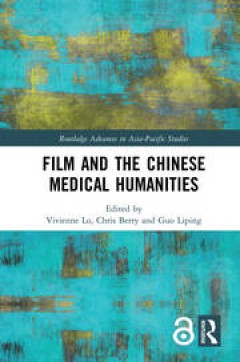
Film and the Chinese Medical Humanities
Film and the Chinese Medical Humanities is the first book to reflect on the power of film in representing medical and health discourse in China in both the past and the present, as well as in shaping its future. Drawing on both feature and documentary films from mainland China, the chapters each engage with the field of medicine through the visual arts. They cover themes such as the history …
- Edition
- -
- ISBN/ISSN
- 9780429507465
- Collation
- -
- Series Title
- -
- Call Number
- 370

Married Women in Legal Practice : Agency and Norms in the Swedish Realm, 1350…
This book describes the ways in which married women appeared in legal practice in the medieval Swedish realm 1350-1450, through both the agency of women, and through the norms that surrounded their actions. Since there were no court protocols kept, legal practice must be studied through other sources. For this book, more than 6,000 original charters have been researched, and a database of all t…
- Edition
- -
- ISBN/ISSN
- 9780429345234
- Collation
- -
- Series Title
- -
- Call Number
- 306
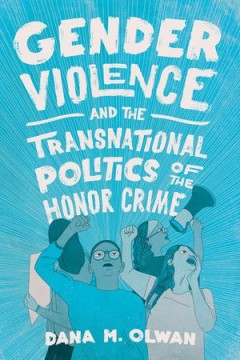
Gender Violence and the Transnational Politics of the Honor Crime
In Gender Violence and the Transnational Politics of the Honor Crime, Dana M. Olwan examines how certain forms of violence become known, recognized, and contested across multiple geopolitical contexts—looking specifically at a particular form of gender-based violence known as the “honor crime” and tracing how a range of legal, political, and literary texts inform normative and critical un…
- Edition
- -
- ISBN/ISSN
- 9780814214664
- Collation
- -
- Series Title
- -
- Call Number
- 362 OLW g
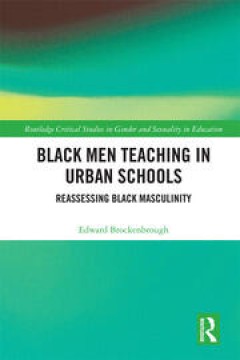
Black Men Teaching in Urban Schools
This volume follows eleven Black male teachers from an urban, predominantly Black school district to reveal a complex set of identity politics and power dynamics that complicate these teachers’ relationships with students and fellow educators. It provides new and important insights into what it means to be a Black male teacher and suggests strategies for school districts, teacher preparation …
- Edition
- -
- ISBN/ISSN
- 9781315696997
- Collation
- -
- Series Title
- -
- Call Number
- 370
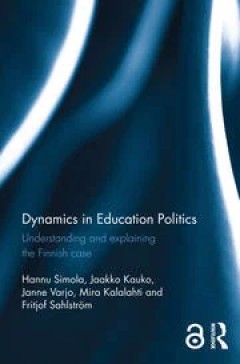
Dynamics in Education Politics : Understanding and explaining the Finnish case
Dynamics in Education Politics: Understanding and Explaining the Finnish Case introduces a new theoretical framework characterised as Comparative Analytics of Dynamics in Education Politics (CADEP). Albeit the topicality of comparative research is obvious in the current era of global large-scale assessment, with its concomitant media visibility and political effects, comparative education is st…
- Edition
- -
- ISBN/ISSN
- 9780203068793
- Collation
- -
- Series Title
- -
- Call Number
- 370
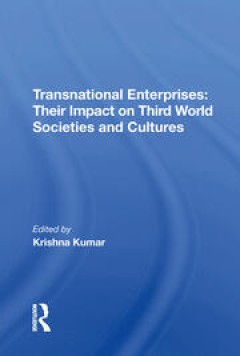
Transnational Enterprises : Their Impact On Third World Societies And Cultures
This book represents the first attempt to conceptualize the social and cultural impact of transnational enterprises on host nations and to provide empirical and analytical material on the subject. Well-known social scientists focus on three critical areas: social inequalities, knowledge systems, and lifestyles and values. Collectively, they advance
- Edition
- -
- ISBN/ISSN
- 9780429269585
- Collation
- -
- Series Title
- -
- Call Number
- 300
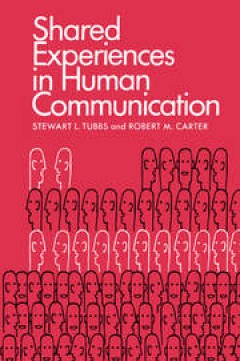
Shared Experiences in Human Communication
A novel approach to traditional subjects, the wide variety of opinions, and the extensive introductory material lift this book out of the ordinary “readings" class, and will reward the reader with understanding and appreciation of a complex subject. This collection of 37 provocative selections on human communication shares with the reader the experience and insights of some of the best minds …
- Edition
- -
- ISBN/ISSN
- 9781351306560
- Collation
- -
- Series Title
- -
- Call Number
- 300
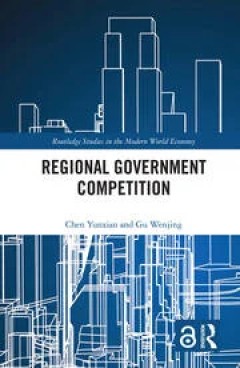
Regional Government Competition
This monograph provides a coherent and systematic explanation of China’s regional economic development from the perspective of regional government competition. It gives an almost unknown exposition of the mechanisms of China's regional economic development, with numerous supporting cases drawn from both China and elsewhere. This book is an invaluable resource for anyone interested to learn mo…
- Edition
- -
- ISBN/ISSN
- 9780429453014
- Collation
- -
- Series Title
- -
- Call Number
- 330

Inventing the Working Parent: Work, Gender, and Feminism in Neoliberal Britain
The first historical examination of working parenthood in the late twentieth century—and how the concepts of “family-friendly” work culture and “work–life balance” came to be. Since the 1980s, families across the developed West have lived through a revolution on a scale unprecedented since industrialization. With more mothers than ever before in paid work and the rise of the midd…
- Edition
- -
- ISBN/ISSN
- 9780262375078
- Collation
- -
- Series Title
- -
- Call Number
- 305 STO i

Communications Breakdown: SF Stories about the Future of Connection
An exciting science fiction collection that looks at what future communication might look like and how our shifting relationships with technology could change this most human of capabilities. In Communications Breakdown, award-winning editor Jonathan Strahan asks some of the world's best science fiction writers to consider how the very idea of communication might change in the future. Rich t…
- Edition
- -
- ISBN/ISSN
- 9780262376198
- Collation
- -
- Series Title
- -
- Call Number
- 385 COM
 Computer Science, Information & General Works
Computer Science, Information & General Works  Philosophy & Psychology
Philosophy & Psychology  Religion
Religion  Social Sciences
Social Sciences  Language
Language  Pure Science
Pure Science  Applied Sciences
Applied Sciences  Art & Recreation
Art & Recreation  Literature
Literature  History & Geography
History & Geography